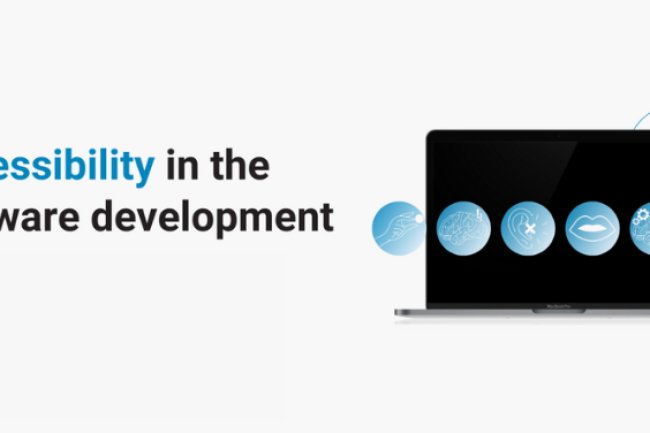The Future of Work: Blockchain and the Rise of the Career Options

What is Blockchain?
Blockchain is a distributed ledger technology that allows for secure, transparent, and tamper-proof transactions. It is a system of recording information in a way that makes it difficult or impossible to change, hack, or cheat the system. It is made up of blocks of data that are linked together in a chain. Each block contains a timestamp, a set of data, and a hash of the previous block. The hash is a unique identifier that is used to link the blocks together.
Blockchain is a powerful technology that has the potential to revolutionize many industries. It is already being used in a variety of applications, including finance, healthcare, supply chain management, and real estate.
Blockchain in the IT field
Blockchain is having a major impact on the IT field. It is being used to develop new applications and solutions that are more secure, transparent, and efficient.
Some of the ways that blockchain is being used in the IT field include:
-
Cryptocurrencies: Blockchain is the underlying technology behind cryptocurrencies, such as Bitcoin and Ethereum. These cryptocurrencies use blockchain to track and record transactions.
-
Smart contracts: Smart contracts are self-executing contracts that are stored on the blockchain. They can be used to automate transactions and remove the need for third-party intermediaries.
-
Supply chain management: Blockchain is being used to track the movement of goods through the supply chain. This can help to improve efficiency and transparency.
-
Healthcare: Blockchain is being used to store and share medical records. This can help to improve patient care and reduce fraud.
Where is blockchain used?
Blockchain is being used in a variety of industries, including:
-
Finance: Blockchain is being used to develop new financial products and services, such as cryptocurrencies and smart contracts.
-
Healthcare: Blockchain is being used to store and share medical records. This can help to improve patient care and reduce fraud.
-
Supply chain management: Blockchain is being used to track the movement of goods through the supply chain. This can help to improve efficiency and transparency.
-
Real estate: Blockchain is being used to record property ownership and transactions. This can help to reduce fraud and improve efficiency.
-
Government: Blockchain is being used to develop new government applications, such as voting systems and land registries.
Career options with blockchain
There are many career options available in the blockchain field. Some of the most in-demand jobs include:
-
Blockchain developer: Blockchain developers are responsible for developing and maintaining blockchain applications.
-
Blockchain security engineer: Blockchain security engineers are responsible for securing blockchain networks and applications.
-
Blockchain consultant: Blockchain consultants help businesses to adopt and use blockchain technology.
-
Blockchain lawyer: Blockchain lawyers advise businesses on the legal implications of using blockchain technology.
Salary structure in the blockchain field
The salary structure in the blockchain field varies depending on the role and experience. However, blockchain professionals can expect to earn a high salary. According to a recent survey, the average salary for a blockchain developer is $130,000.
Skills you need to have for a career in blockchain
-
Programming skills: Blockchain developers need to have strong programming skills, as they will be responsible for developing and maintaining blockchain applications.
-
Knowledge of blockchain technology: Blockchain security engineers need to have a deep understanding of blockchain technology, as well as the ability to identify and mitigate security vulnerabilities.
-
Communication skills: Blockchain consultants need to be able to communicate complex technical concepts to non-technical audiences.
-
Legal knowledge: Blockchain lawyers need to have a strong understanding of the legal framework governing blockchain transactions.
-
Project management skills: Blockchain project managers need to have strong project management skills, as they will be responsible for overseeing the development and implementation of blockchain projects.
What's Your Reaction?















